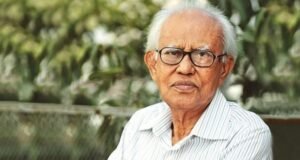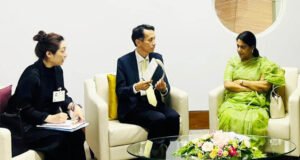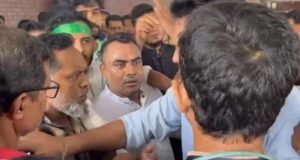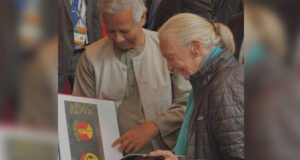
Environment Adviser Syeda Rizwana Hasan has called for unified action to address lead and heavy metal poisoning, describing it as a “hidden crisis in Bangladesh that needs urgent and focused attention.”
Speaking at the national workshop “Lead-Free Bangladesh: How Do We Get There?” in Dhaka, Rizwana stressed the necessity for a comprehensive plan to identify and reduce exposure to toxic metals. She reaffirmed the government’s commitment to eradicating lead poisoning by 2040 through collaboration with stakeholders across sectors.
Rizwana highlighted the importance of reliable data, emphasizing that nationally representative data on lead exposure is critical to forming effective policies. She thanked UNICEF and the Bangladesh Bureau of Statistics for their continued support in tackling sources of contamination and advancing evidence-based interventions.
The workshop, organized by the Environment Ministry in collaboration with UNICEF as part of International Lead Poisoning Prevention Week, focused on the severe health impacts of lead exposure, especially on children. The event aimed to bring government and private stakeholders together to address this pressing public health issue.
Studies presented at the workshop revealed troubling levels of lead in children’s blood across the country, showing exposure risks from multiple sources, including air, water, soil, food, and household items like paint and cookware. The findings underscore the consequences of rapid industrialization, with young children facing the greatest risk of cognitive and physical impairments from lead exposure.
Environment Secretary Dr. Farhina Ahmed presided over the workshop, while Statistics & Informatics Division Secretary Mahbub Hossain, UNICEF Bangladesh Representative Rana Flowers, and USAID Mission Director Reed Aeschliman also shared insights on the critical need for coordinated action.
 Weekly Bangla Mirror | Bangla Mirror, Bangladeshi news in UK, bangla mirror news
Weekly Bangla Mirror | Bangla Mirror, Bangladeshi news in UK, bangla mirror news







